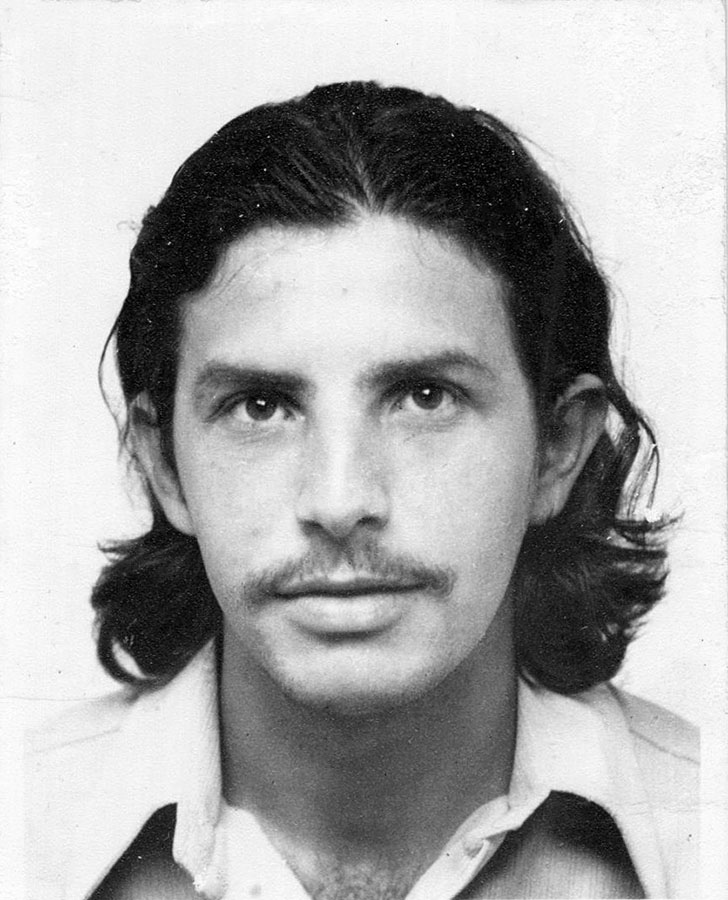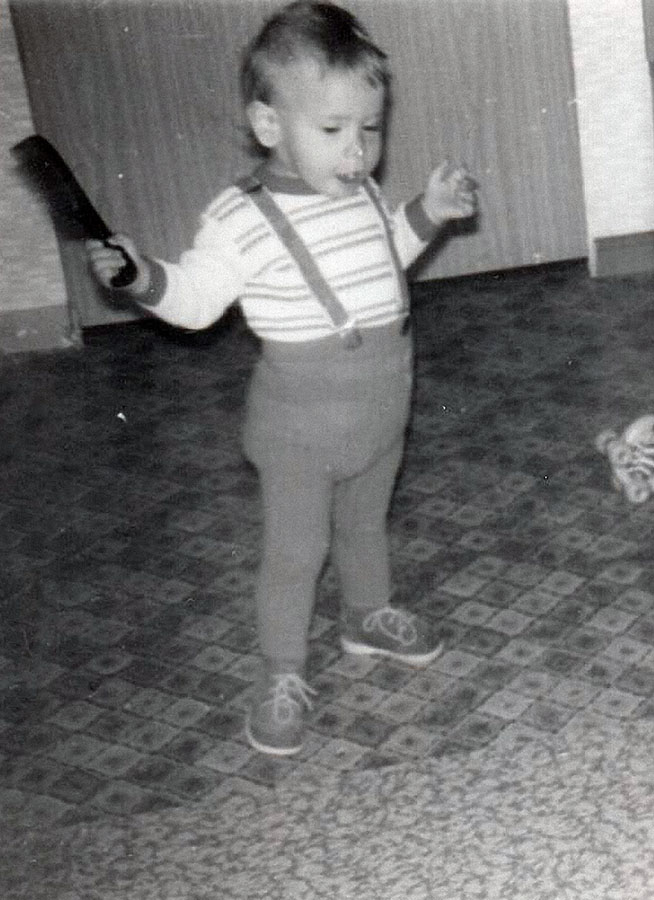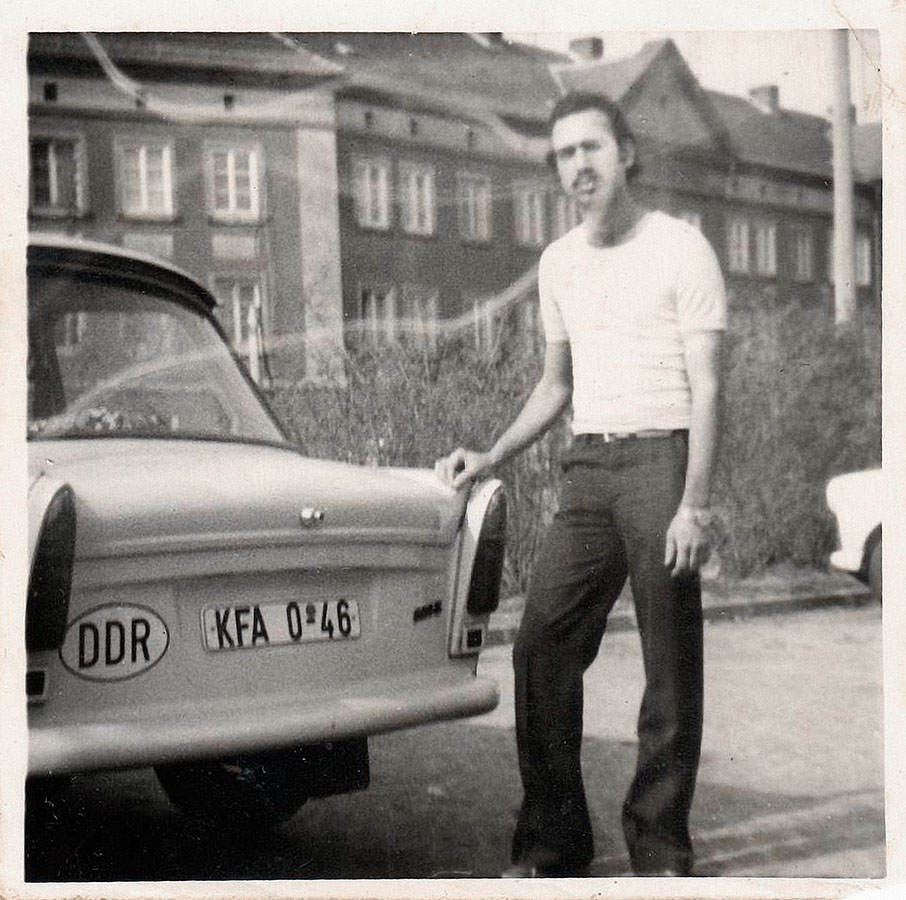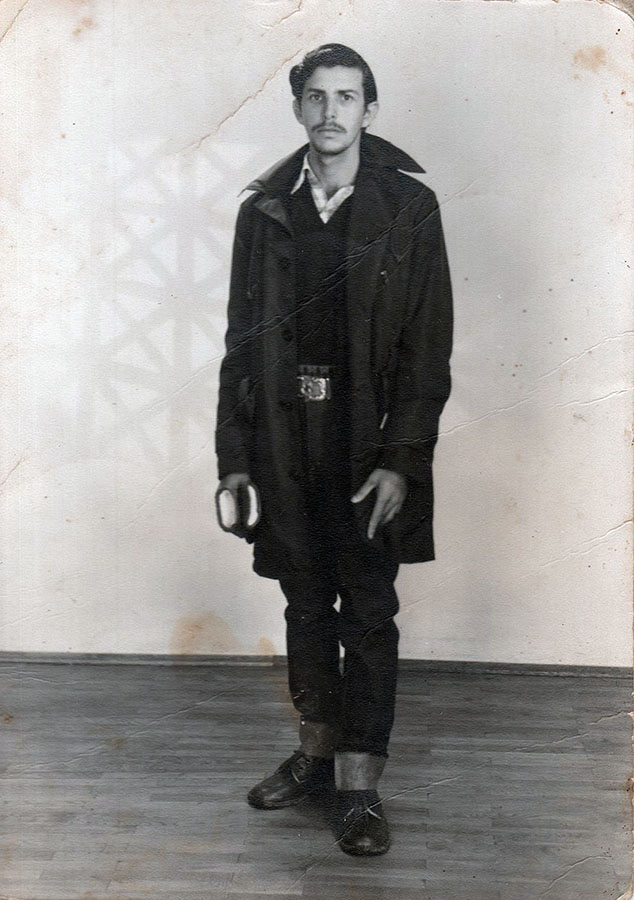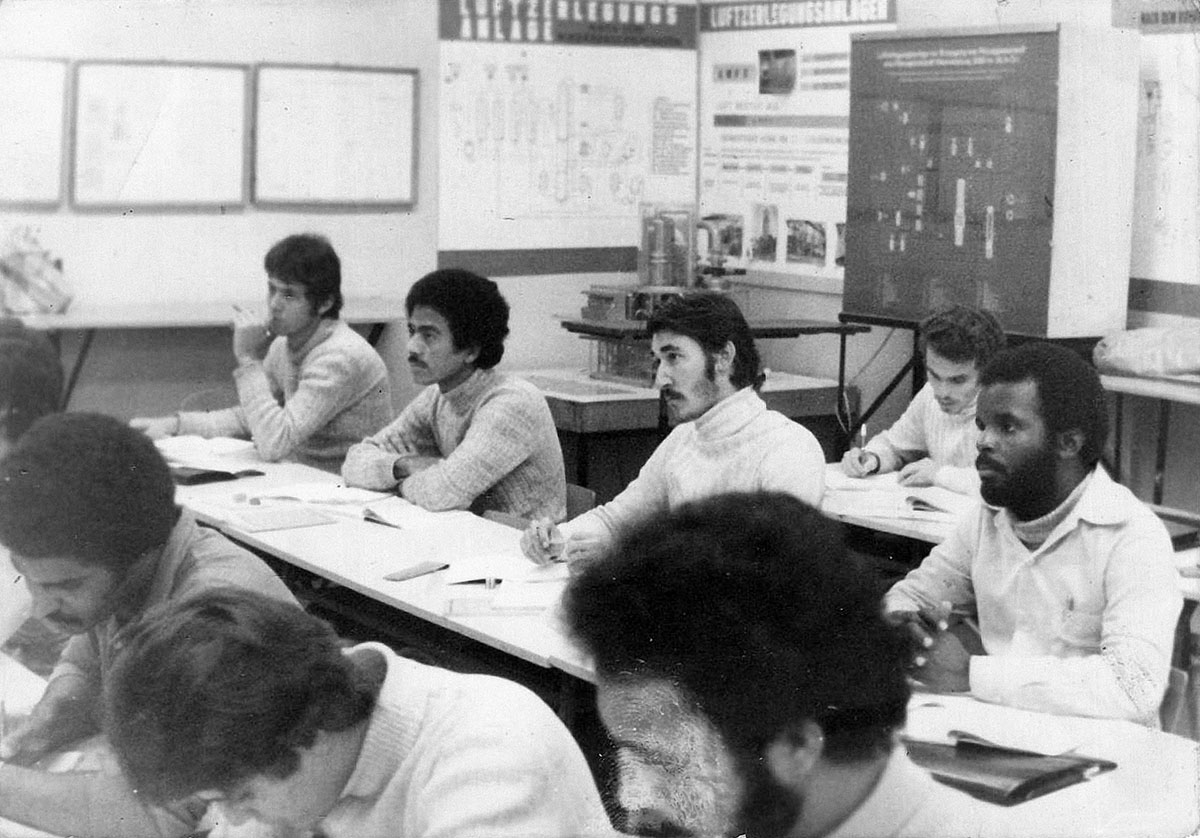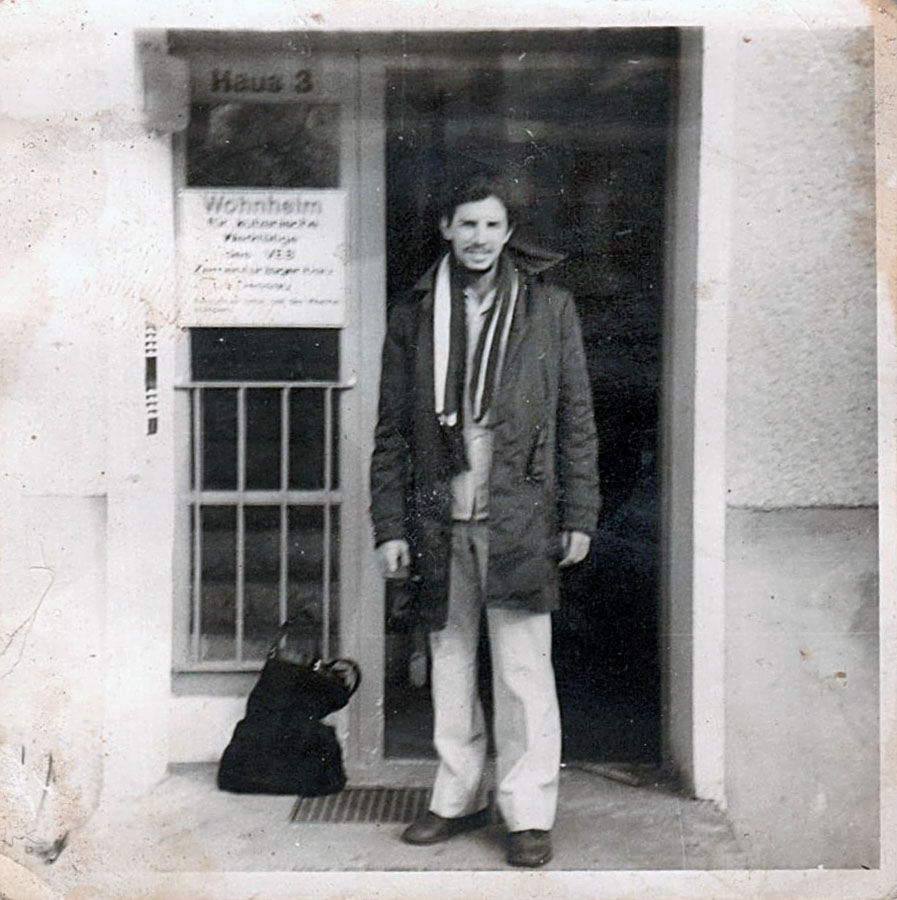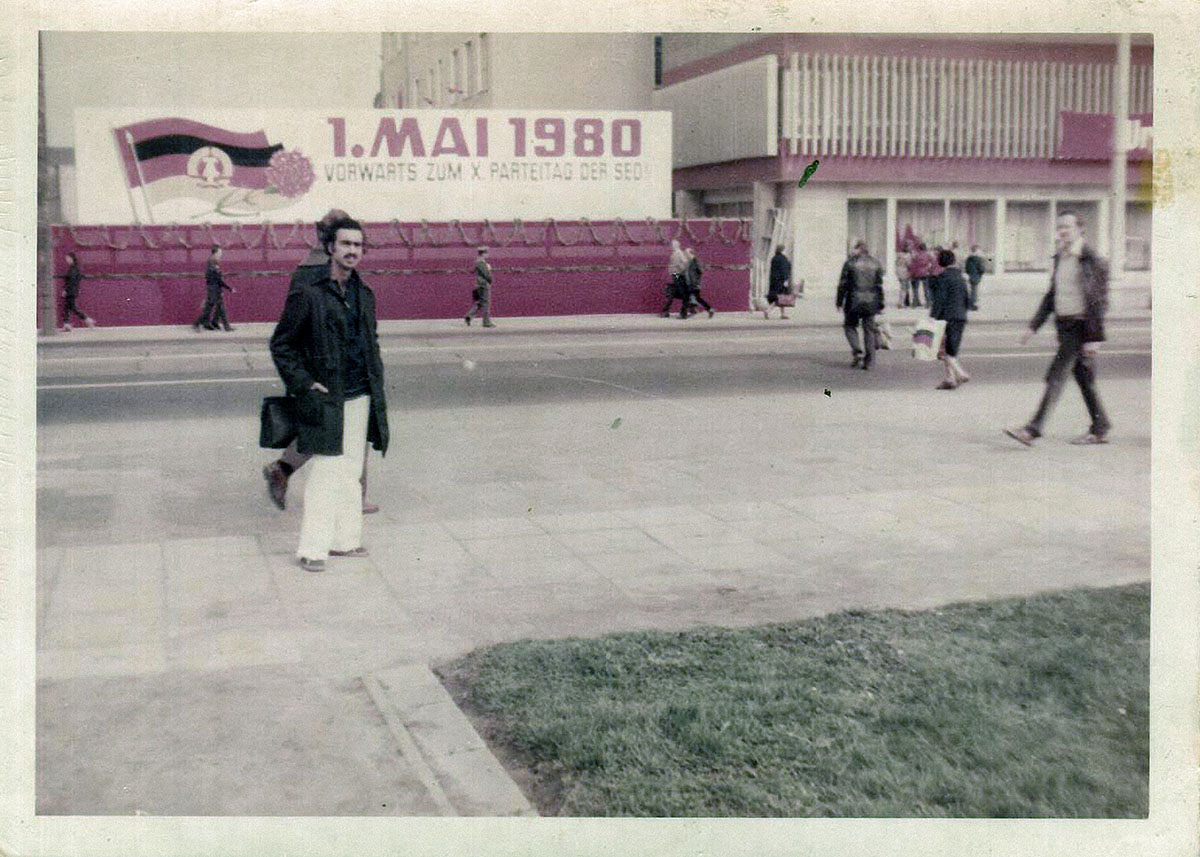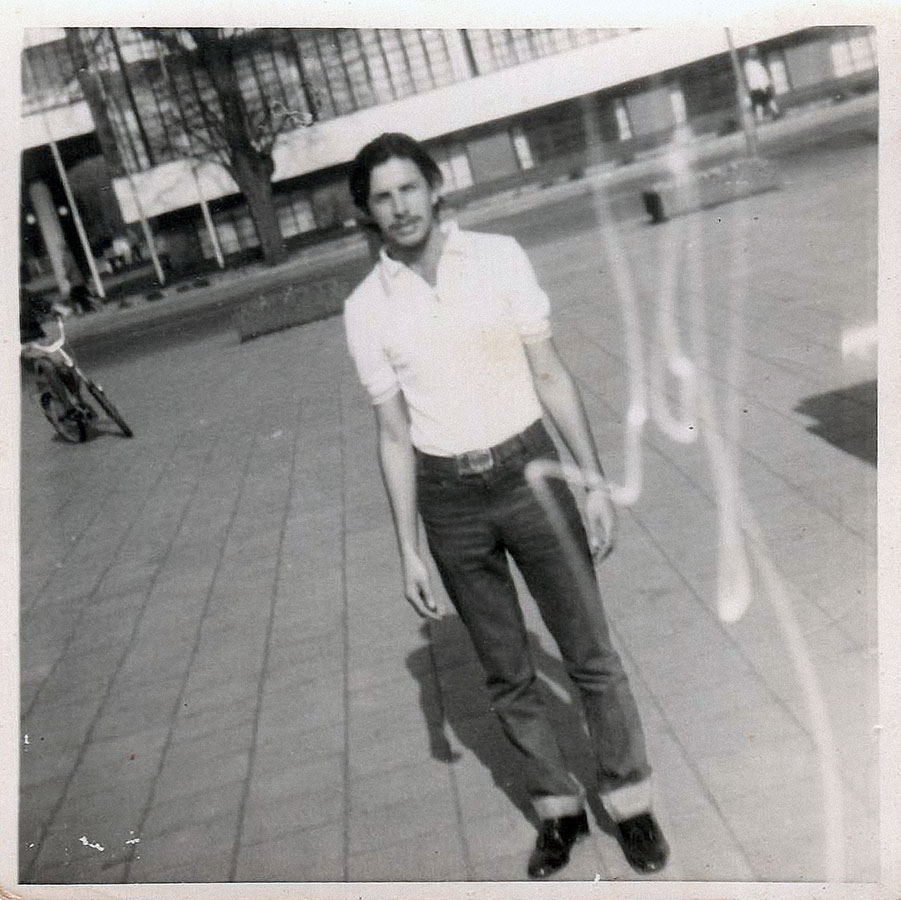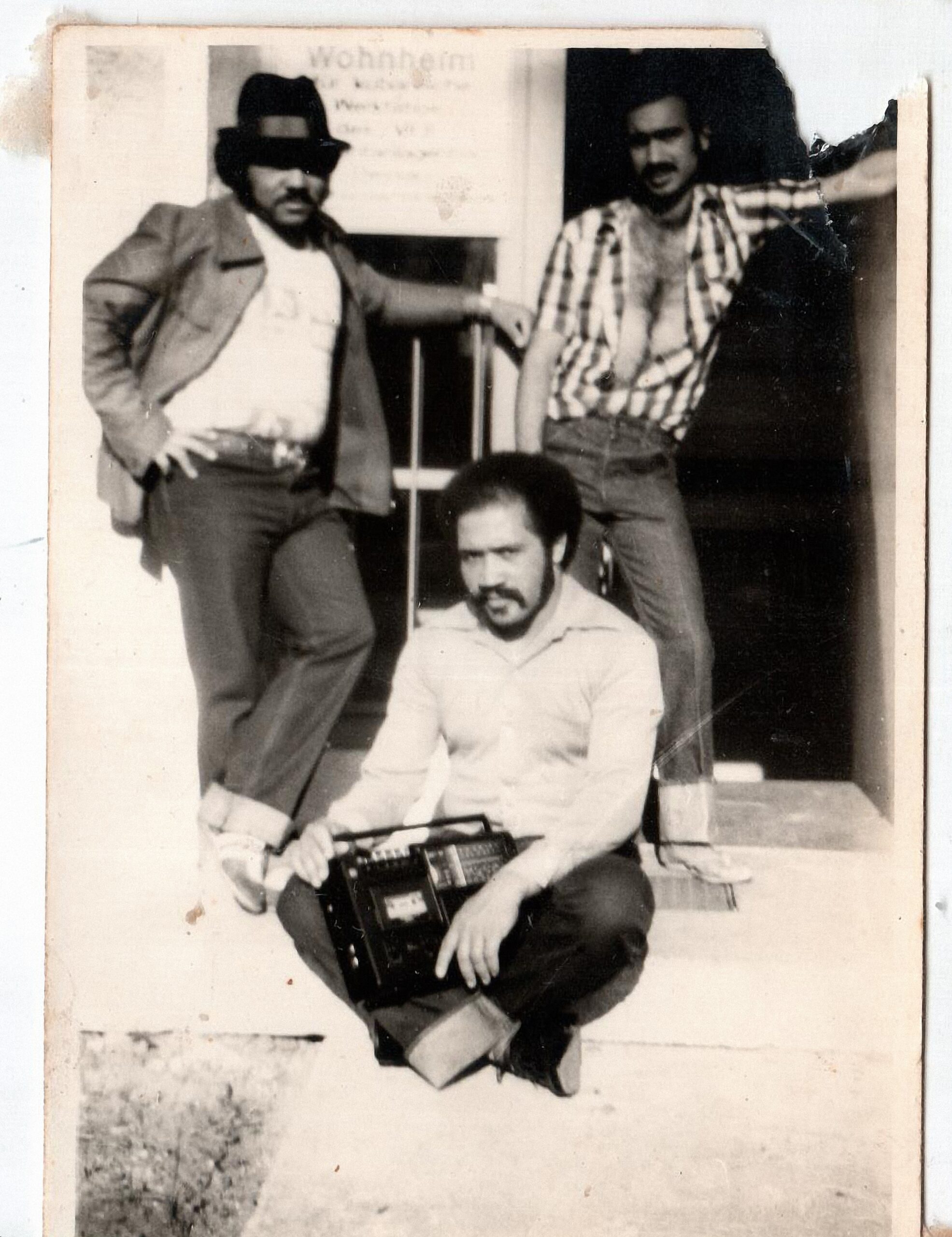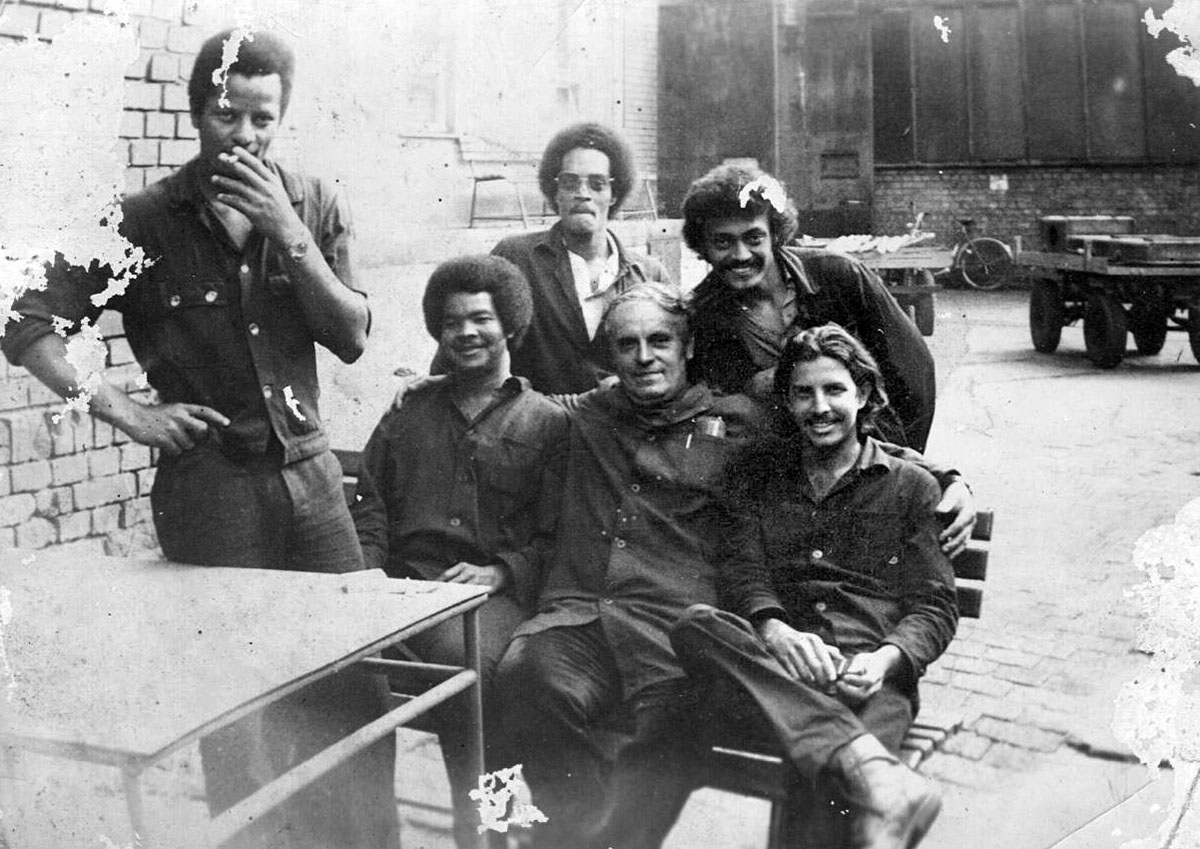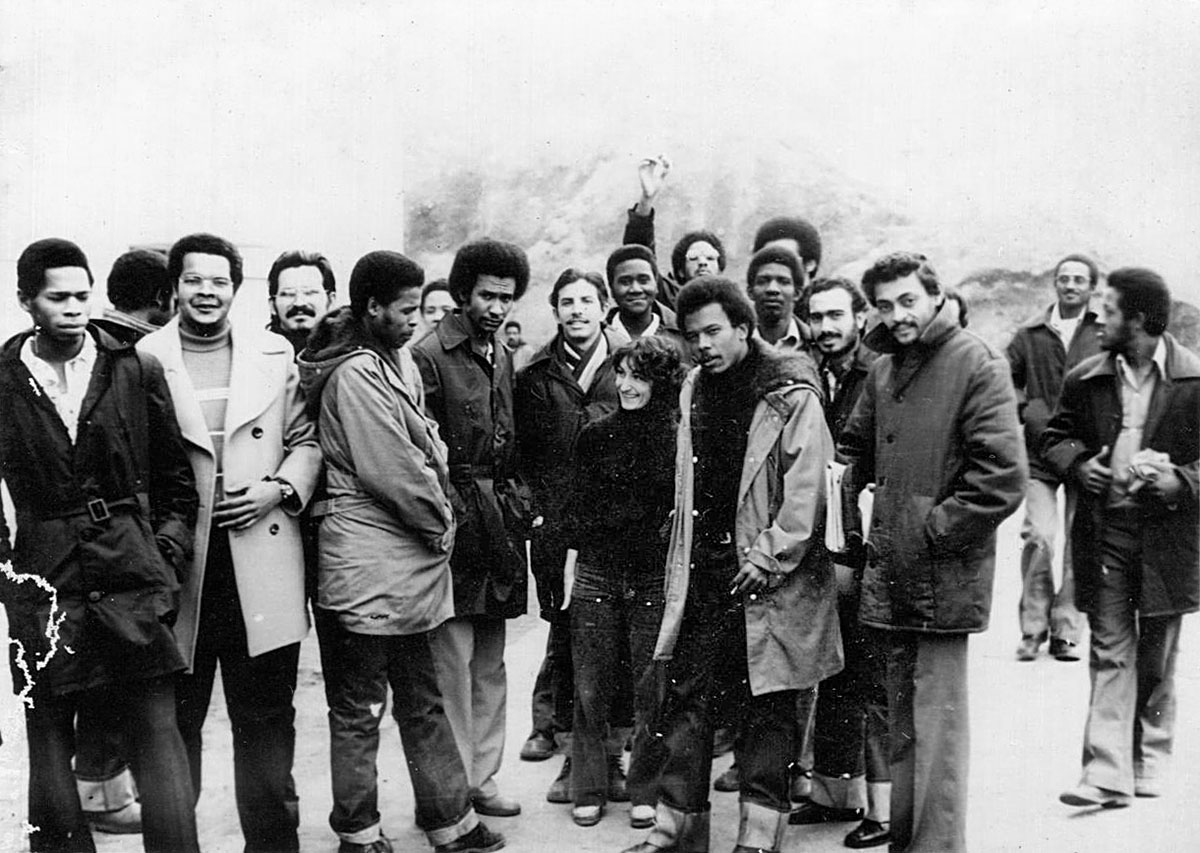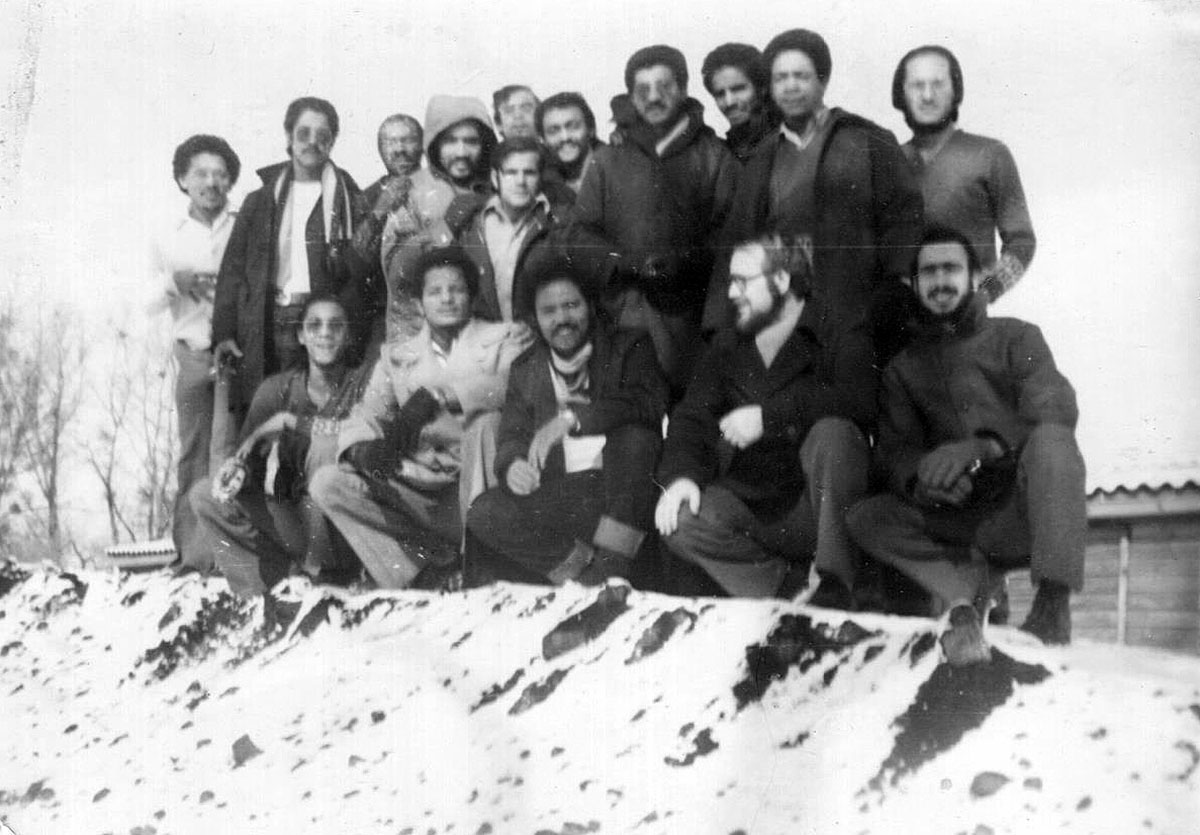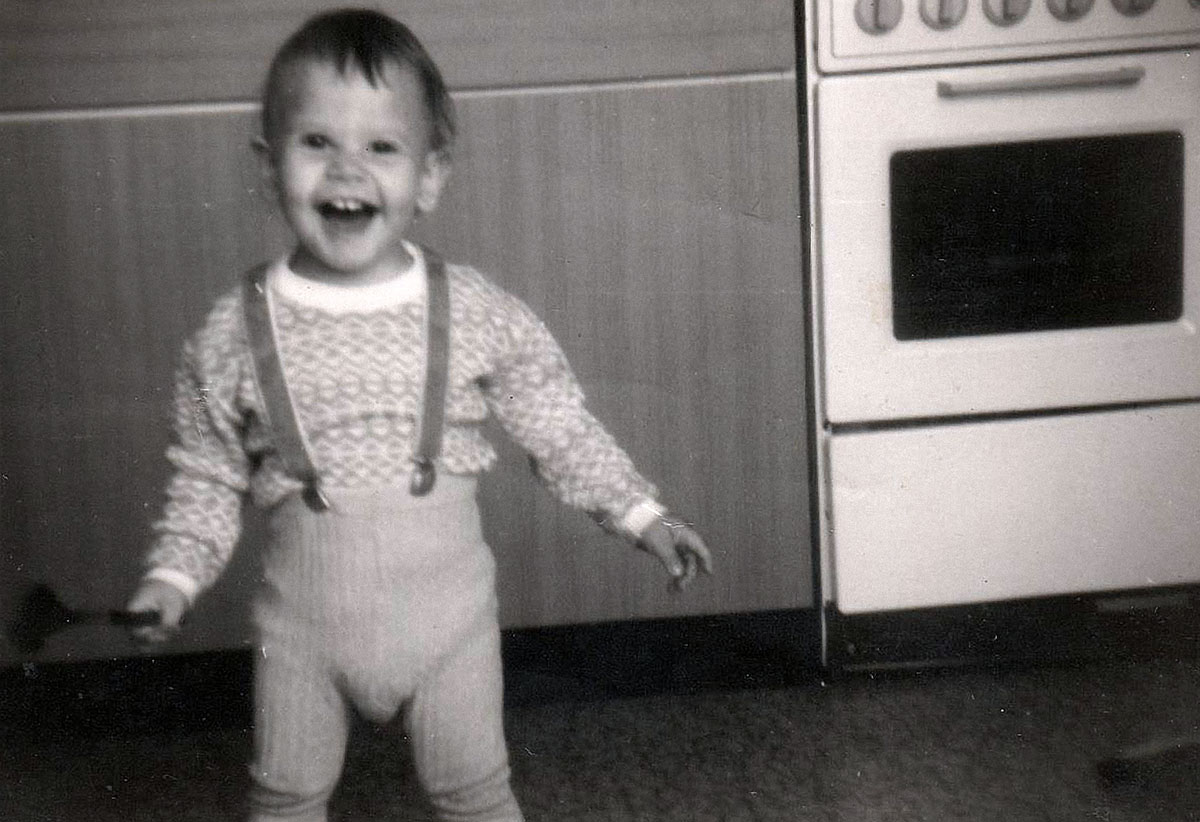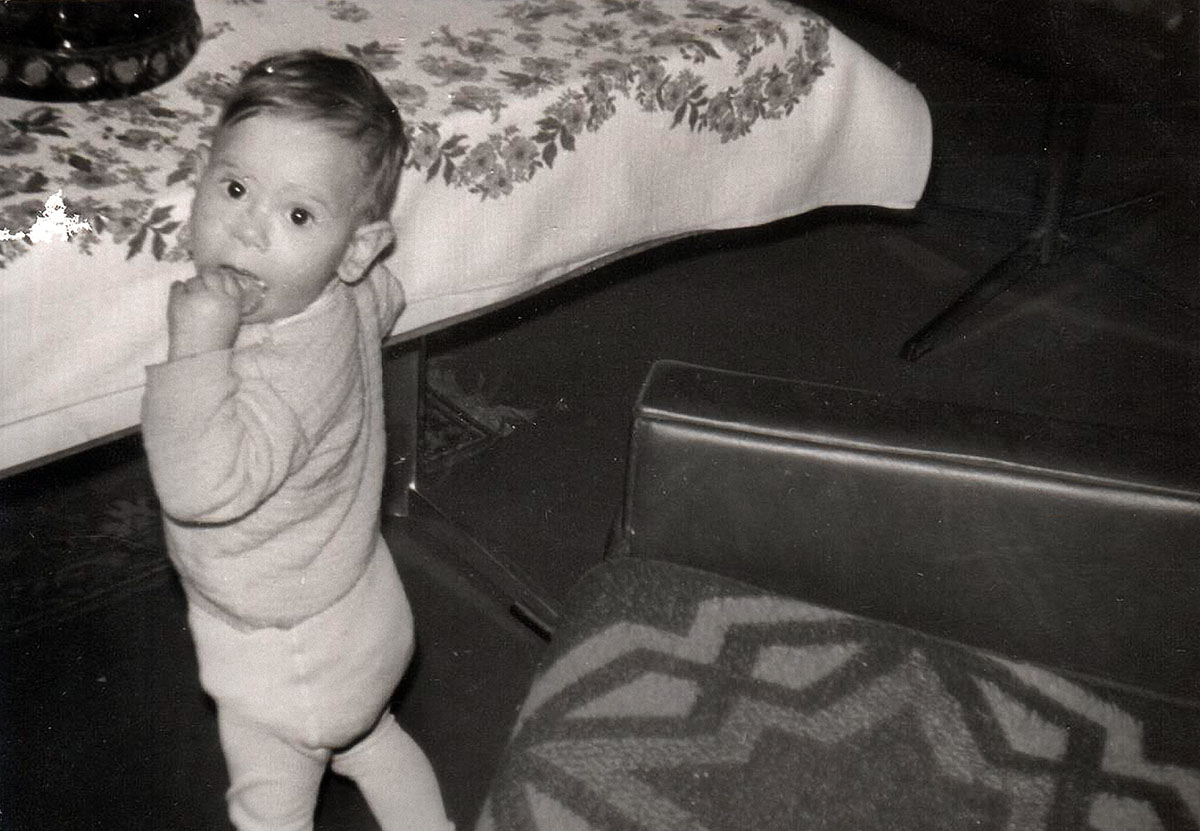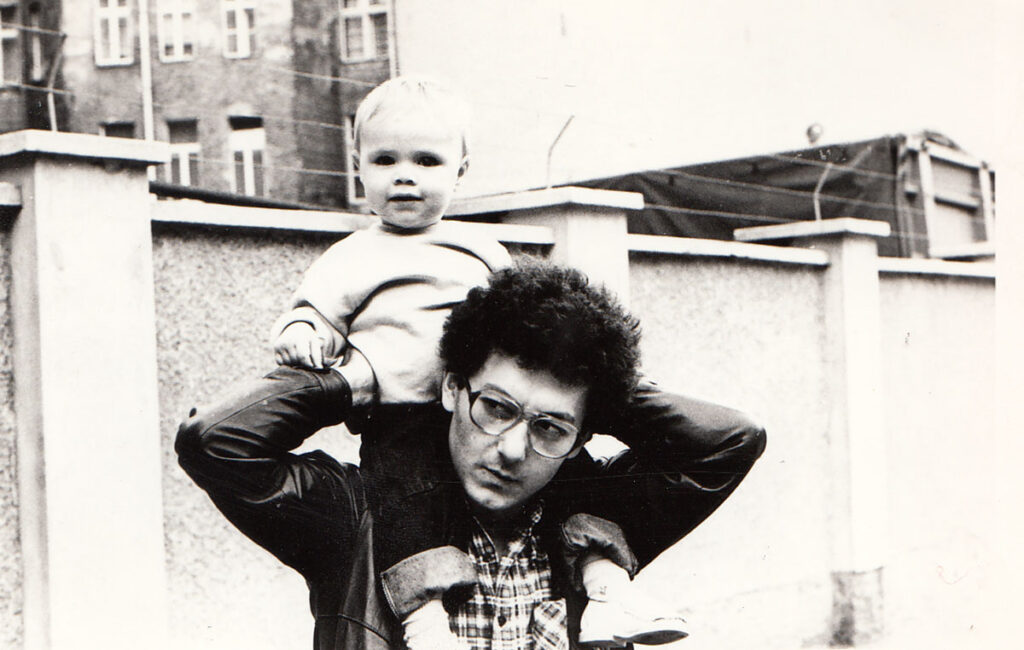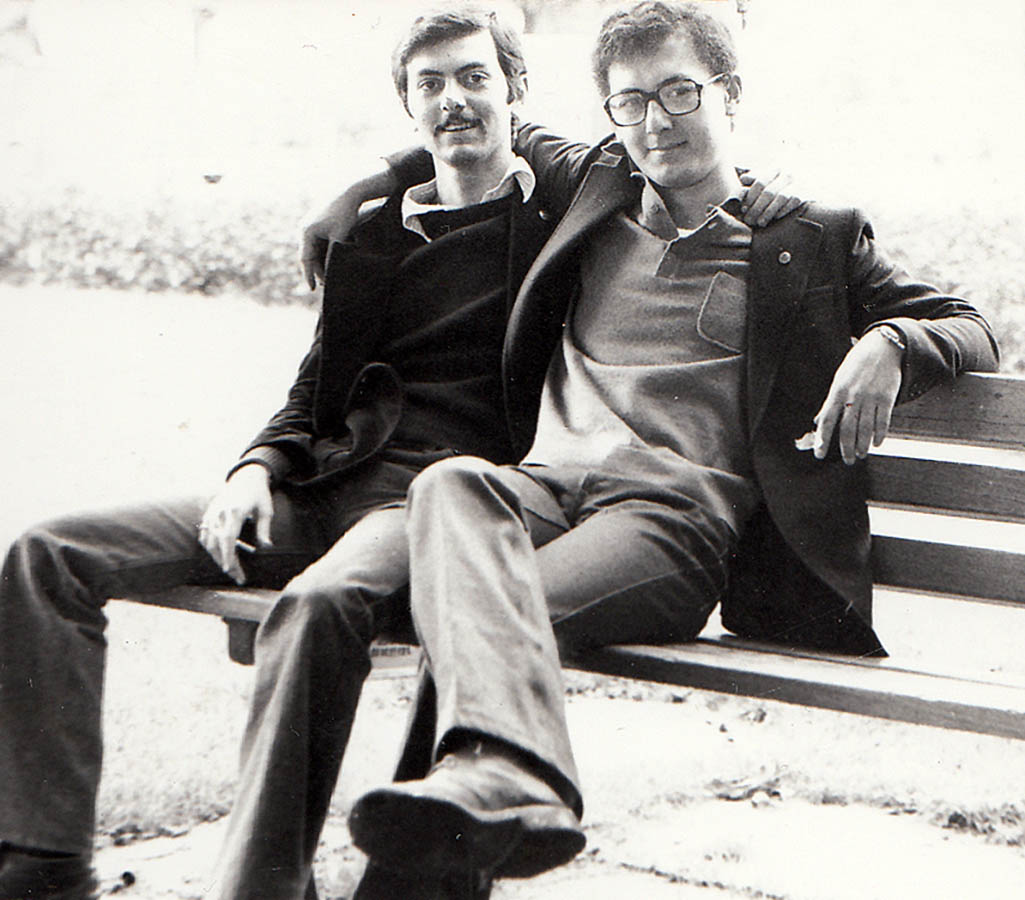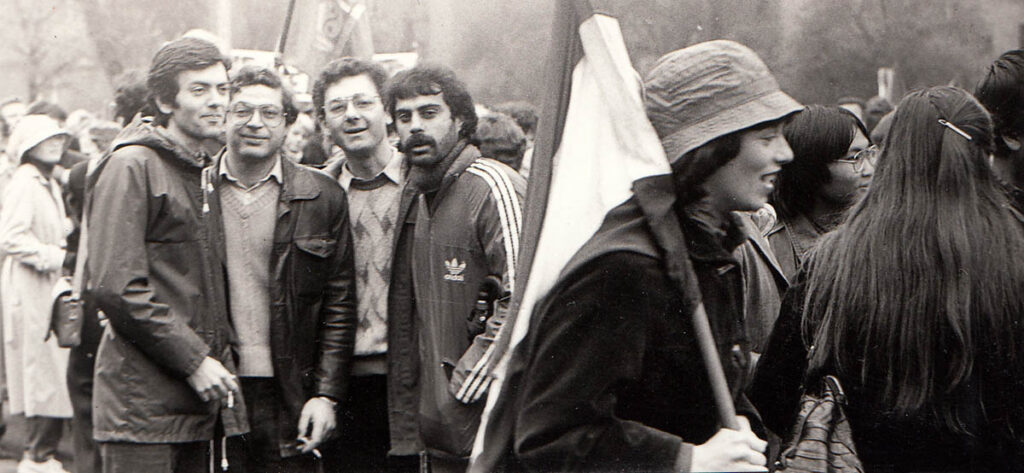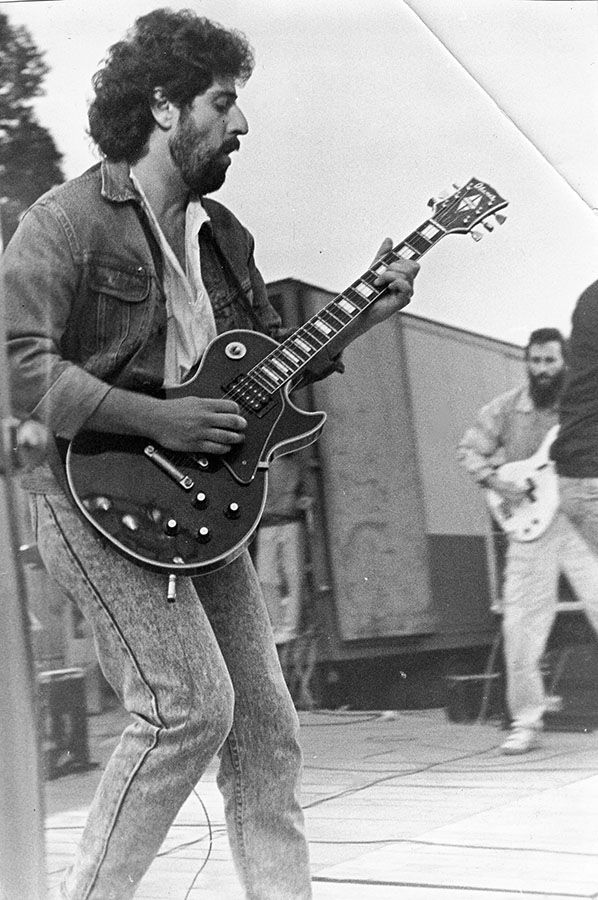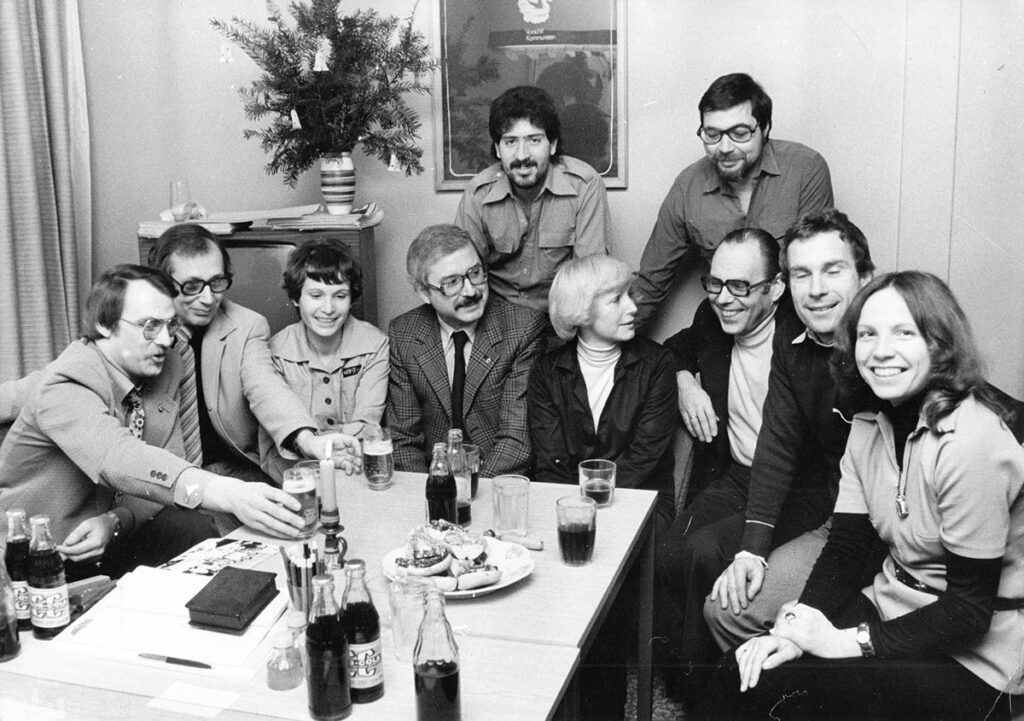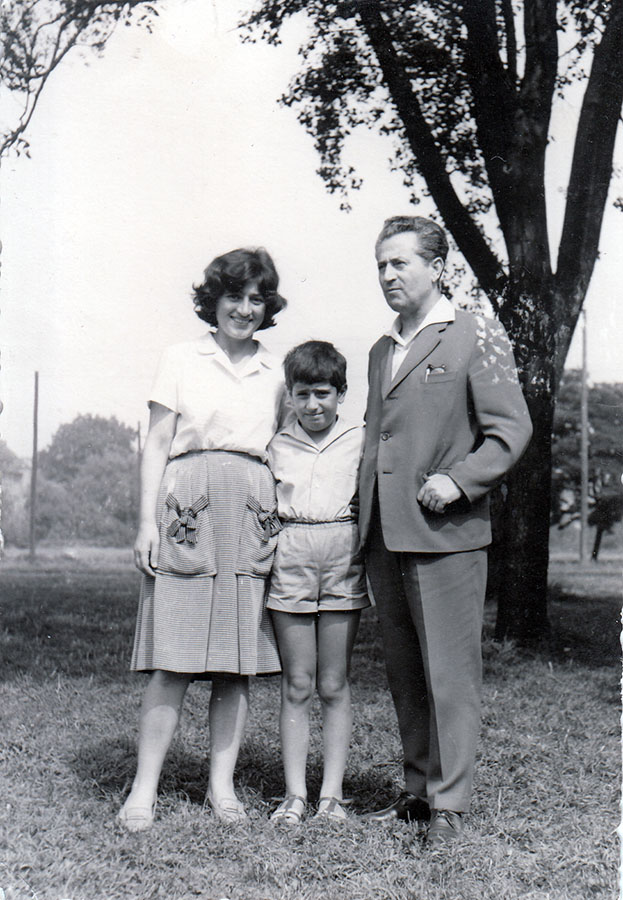Humberto Cala Pérez
From 1980 to 1984 Humberto Cala trains together with his friend Jorge Kindelán as a lathe operator at the publicly owned VEB Zementanlagenbau Dessau (ZAB). He finds a girlfriend and has a child with her.
Better to the GDR than to war
Humberto Cala tells us in the interview that he wanted to see something of the world, to look beyond the horizon. But first there is a military mission in Angola ahead of him. The Cuban government supports the Angolan liberation movement MPLA (People’s Movement for the Liberation of Angola) in the civil war, and tens of thousands of young Cubans are dispatched to the war zone. When Humberto Cala learns that it is possible to get an education in the GDR, he applies. Following a thorough medical examination he is accepted within the month.
I didn't tell my mother. I didn't call her until before the flight.
Humberto Cala, Santiago de Cuba 2021
Flight movements
Humberto Cala only confides his plans in one of his aunts. He believes that if his mother finds out about his application, she won’t let him go. First he moves from Santiago de Cuba to Havana at the other end of the island, into a preparation camp. Here he meets Jorge Kindelán and about 25 other young Cubans, who in a few months’ time will travel together to the GDR. First, some German is learned. Just before the plane departs, he calls his mother to say goodbye.
The arrival in the GDR is sobering to start with. One member of the group absconded during the stopover in Spain. For him, the trip was an opportunity to escape from Cuba into the West. The mood is tense. Immigration keeps the group waiting for hours. They receive neither food nor drink. When they arrive in Berlin, it is cold. They are given blue work jackets to put on. Eventually they continue the journey towards Dessau.
Arrival in Dessau
Humberto Cala describes Dessau from the perspective of a metropolitan. Compared to his hometown Santiago de Cuba, Dessau appears quite small to him. “Just like the small town Palma Soriano used to be, not a city like Santiago de Cuba,” he explains. Upon arrival, they buy warm clothes and visit a photo studio, so they can send pictures home. They spend the first months with learning German, furnishing the flat in the residential home and exploring Dessau. Humberto very clearly remembers the impressive Elbe River with its excursion boats, as well as the city’s second river, the Mulde, and the five-story shopping center. Soon he acquires a tape recorder.
New daily routine
Humberto Cala has only few pictures of his training and work at the plant. You need a permit to take photos at the plant. Likewise his stories do not revolve around the work, but focus on the unfamiliar life in a small German town, the everyday life, the new experiences, and above all: on his son. Nevertheless, the training is important: back in Cuba, he will work as a lathe operator for years.
Racism and counter strategies
“I met her in a bar,” says Humberto Cala about his later girlfriend, “even though as a Cuban you couldn’t really get in.” Yet Humberto succeeds because he doesn’t attract much attention. At the entrance, he passes as a white German, but with his first order the trouble starts. With his colleagues he agrees on a strategy of ignoring racist insults. “Even if you get picked on, even if someone calls you ›n***‹, don’t listen to it,” is his motto. Still, racist attacks occur all the time. “The racism really was a bit annoying,” he explains politely and recounts a conflict with a teacher. The latter accuses a Cuban student of being haughty, calls them all badly educated, insinuating they all consider themselves as kings. Humberto remembers the exchange: “We consider ourselves kings? No, we don’t. You think you are kings’, he replies. Thereupon the teacher replies: ›No, we don’t consider ourselves kings, we are kings.‹ That’s what the teacher said to me. And I was just like, ‘ Well then, fine.’ ”
Head shaking, Humberto also describes a neighbor who always behaves very hostile towards him. Sometimes Humberto leaves his Simson motorbike in the hallway. One day there is a charred motorbike in the hallway, which someone has obviously set on fire. Humberto suspects the neighbor. Fortunately, the destroyed motorbike is not his, because that is parked outside at the time.
A temporary binational family
It’s different with his girlfriend Lilo. They meet in a bar, start talking, dance. Lilo works in the factory too. She is open-minded, they meet more often, start a romantic relationship. This also helps Humberto’s German to improve.
Because there women go out drinking and dancing on their own. And the women like it, if you communicate!
Humberto Cala, Santiago de Cuba 2021
Despite everything: A Cuban-German child
Soon he moves in with her and only returns to the residential home from time to time. “Lilo was an attentive woman! We got along well, very well. It was my first romantic relationship. I was 22 years old at the time. She was older than me.” Lilo becomes pregnant and decides to have the baby, even though she knows that it will not be easy. According to the official logic, female contract workers are not supposed to get pregnant, male contract workers not supposed to become fathers. But the reality is different. Humberto’s friend Jorge Kindelán becomes a father too. More and more German-Cuban children are born. However, fatherhood does not change the temporary nature of the residence permit. This ends after four years, as stipulated in the training and work contract.
Humberto Cala talks about the time together with his son.
No prospects for staying
Lilo and Humberto’s son is named after his father. But his mother insists on the Italian spelling “Umberto” so that in German the name will be pronounced the same way as in Spanish. The name will stay, unlike the father. There are no prospects for him in Germany. “I couldn’t stay. I had to return. They wouldn’t allow it. You had to go back, leave again,” Humberto describes his situation.
Back in Cuba, Humberto Cala occasionally receives letters and photos from Lilo.
She wrote that he cried a lot and wouldn’t eat. That was painful for me.
Humberto Cala, Santiago de Cuba 2021
(No) second homeland
Eventually, the correspondence ceases. Letters take forever, if they arrive at all. The long distance alienates them. Humberto Cala starts a new family in Cuba. His son in Germany grows up without his father. After a long break, contact is re-established when Humberto’s Cuban daughter finds her German half-brother via Facebook.
As a pensioner, Humberto still enjoys working in his workspace, repairing watches, mementos from GDR production. He calls Germany his second home and describes how much life there has shaped him.
Humberto Cala talks about his return to Cuba.
Credits:
Elaine del Valle Cala conducted the interview in Santiago de Cuba in 2021.
Research and research protocol photos: Elaine del Valle Cala, Isabel Enzenbach
Video edting concept: Isabel Enzenbach
